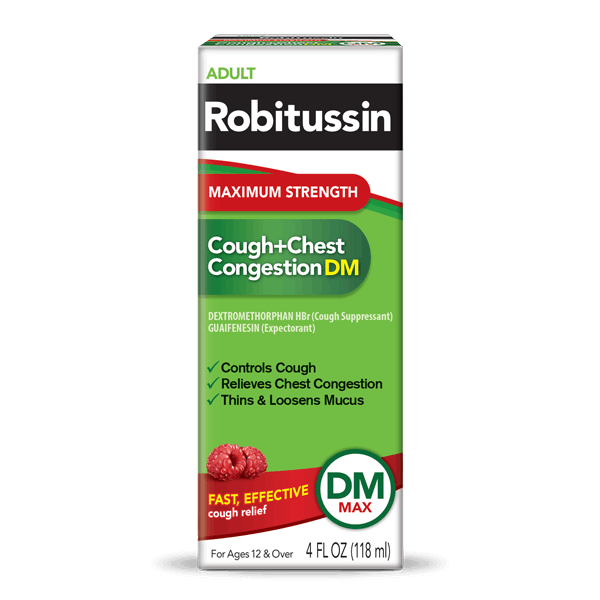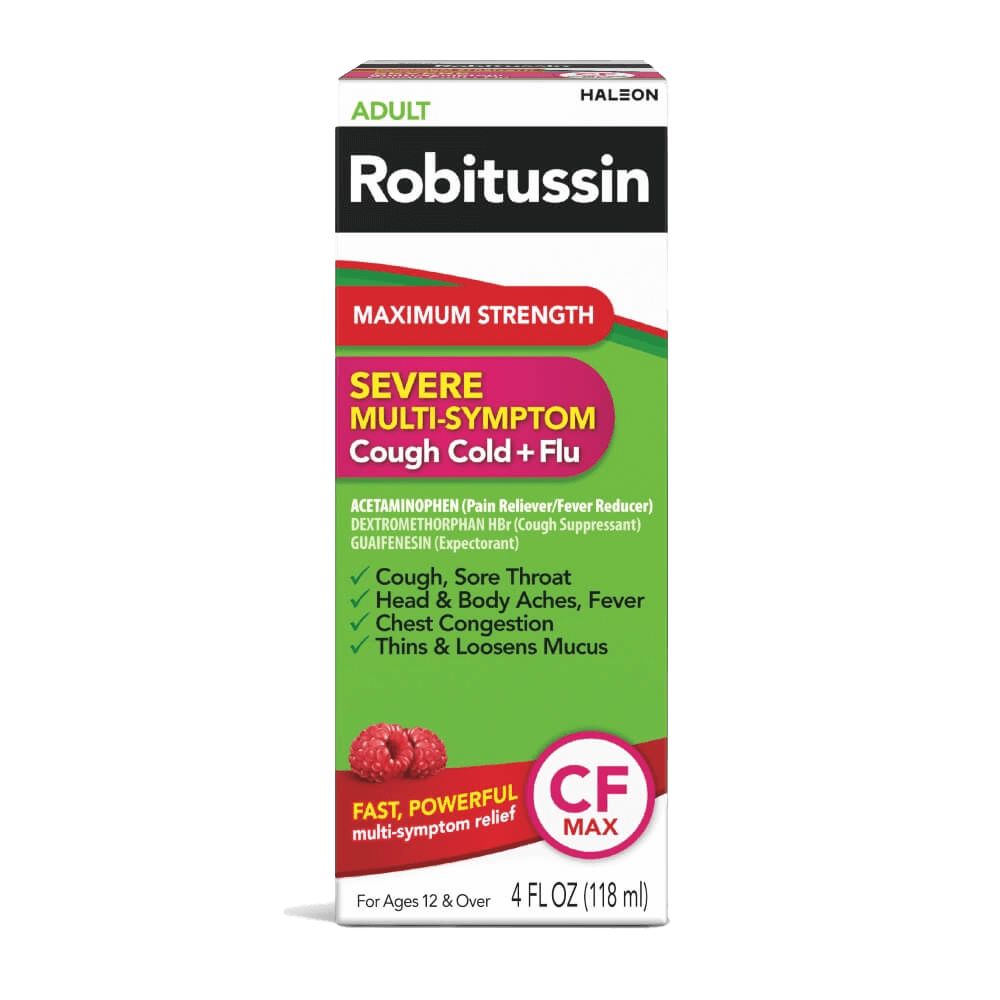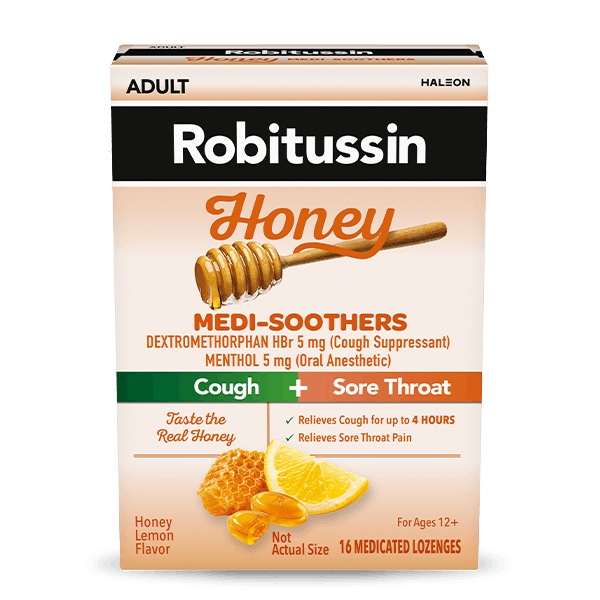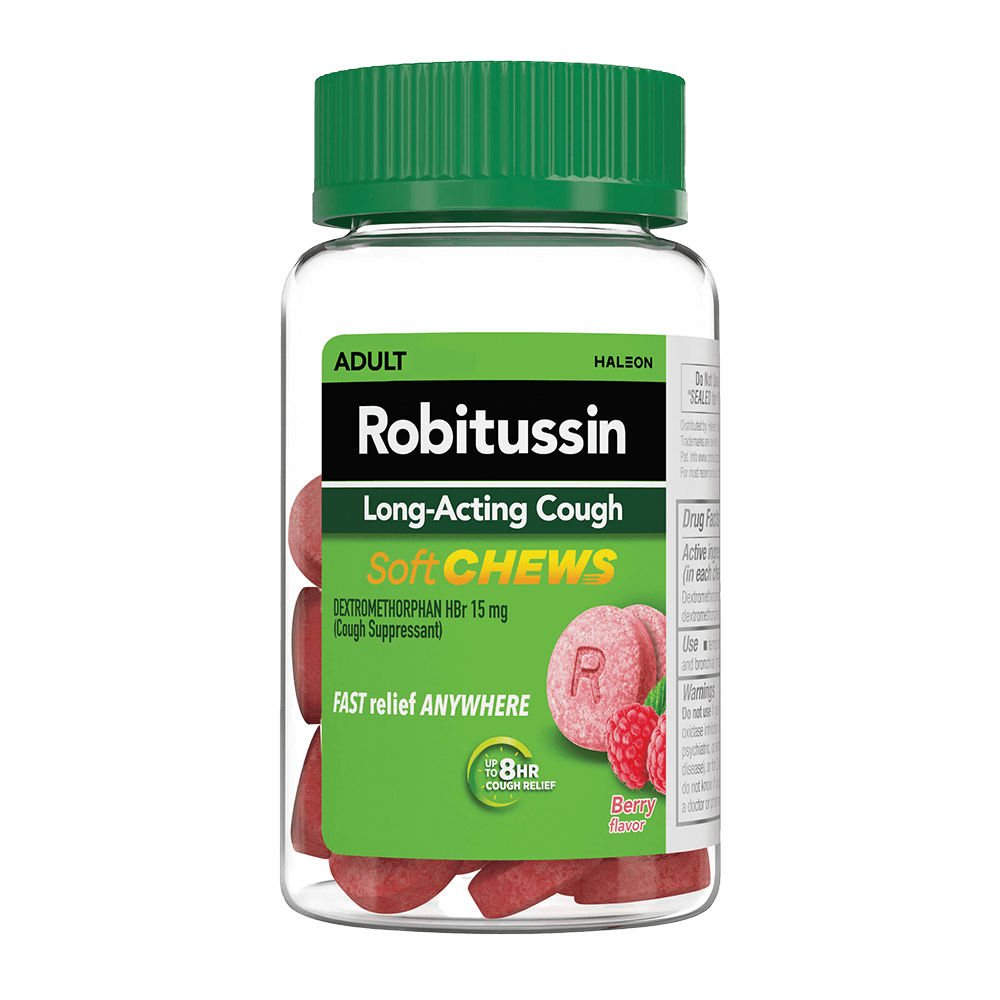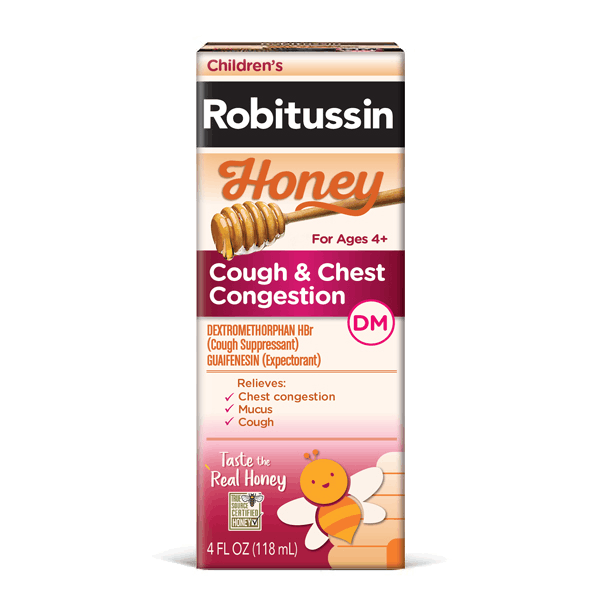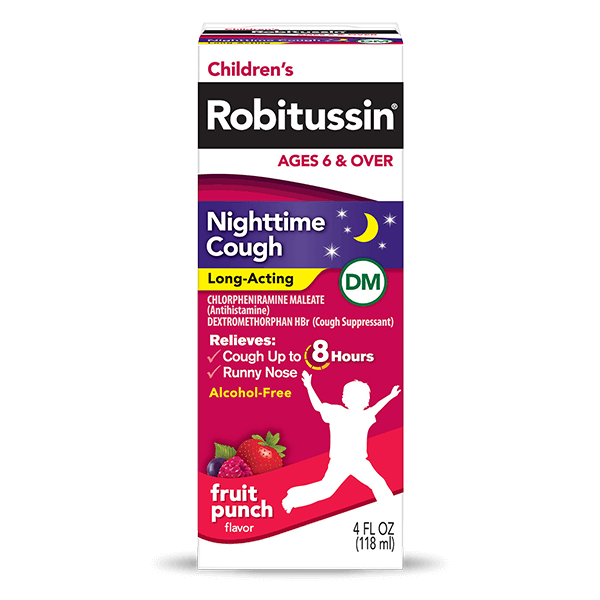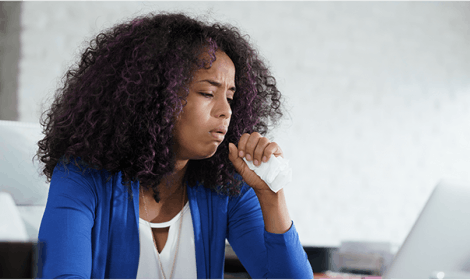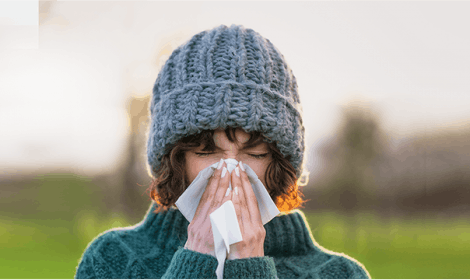How to Help a Runny Nose at Night
Runny noses at night can be cumbersome. Mucus drips out of your nose, so instead of falling asleep, you may be reaching for tissue paper. Although a runny nose usually resolves on its own, it can be disruptive and take a toll on the quality of your sleep. Learn what causes a runny nose and how to help alleviate it at night so you can rest when you head to bed.
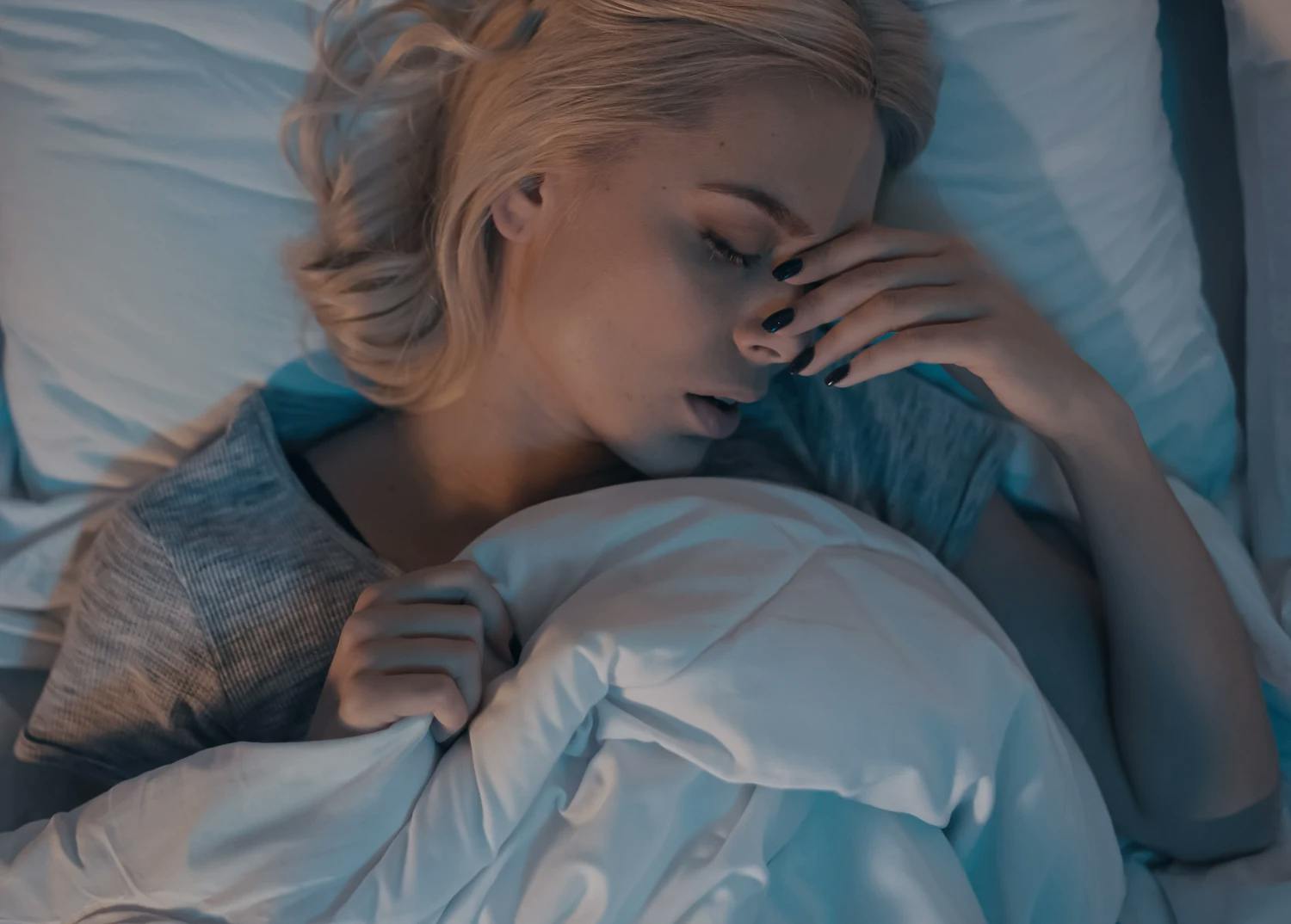
What Causes a Runny Nose at Night?
A runny nose can be caused by the following:1
- Allergies: An allergen like pollen or spores can cause rhinitis, or an inflammation of the nose, leading to a runny nose.
- Sinus infection: After a viral infection or severe allergies, you may get sinusitis, or a sinus infection, that can produce congestion and lead to a runny nose.
- Non-allergic rhinitis: Nasal inflammation can also be caused by other irritants such as strong scents, medications, hormonal changes, weather, spicy foods and stress.
After a virus, allergen or other irritant enters your body and inflames your nostrils, you may start producing mucus. The mucus traps the virus, allergen or other irritant and may help to flush them out of your nose and sinuses.2 The mucus drips or runs out of your nose. This discharge is referred to as rhinorrhea.2 Rhinitis refers to the inflammation and swelling in the nose.2
The mucus produced plays an important role in protecting your body.2 It contains antibodies that kill bacteria and viruses.2 The mucus is also lined with cilia, which may move the harmful particles or irritants trapped in your nose to the back of your throat.2 This process allows the harmful particles to be dissolved by the acid of your stomach.2 The excess buildup of mucus that drips down to the back of your throat is referred to as post-nasal drip, which may lead to a cough or sore throat. Alternatively, mucus may exit the body through a cough or sneeze. 2
At night, temperatures may drop.2 When it becomes colder, mucus stays in your nose longer and then drips out.2
Treatment Solutions for a Runny Nose at Night
Generally, a runny nose will improve on its own. However, there are treatments and solutions to help alleviate symptoms so you can get better rest at night. Try some of the following:
- Sleep with a humidifier: A cool mist humidifier may help alleviate a runny nose. Humidifiers produce moisture, which can help improve a dry environment that may be causing irritation and inflammation in your nose and throat.4
- Close your windows: An easy way for allergens to infiltrate your home is by leaving your windows open. Close your windows to prevent additional allergens from inflaming the lining of your nose. Use air conditioning instead of opening your windows to keep your home cool.
- Drink plenty of water: Dehydration and a dry nose can exacerbate rhinitis at night. Whether you’re dealing with allergies, the flu or non-allergic rhinitis, plenty of water and fluids can help alleviate inflammation and may reduce the intensity of mucus discharge.
- Use a saline nasal spray: A saline nasal spray may help relieve symptoms.2 Use a saline nasal spray when you are experiencing allergies or a dry nose to help hydrate it. If you are using decongestant sprays, make sure to follow the package instructions for recommended usage.2
- Take medications for allergy symptoms: Nasal steroid sprays and oral antihistamines are available over the counter and may help provide relief from a runny nose caused by allergies. Robitussin Maximum Strength Nighttime Cough DM contains antihistamines that can help manage a runny nose. If your allergies are severe, your doctor may prescribe additional medication.
When to See a Doctor
Usually, runny noses resolve on their own and don’t need additional intervention. However, if you are experiencing any of the following, you should see a medical practitioner:2
- Runny nose lasts longer than ten days
- Discharge becomes green or has a foul odor
- Child has drainage coming out of one side
Once you know how to help a runny nose, you can stop grabbing for tissues when you’d rather be sleeping. For other ways to find relief from cough, colds, congestion and more, visit our Cough and Cold Center.
Source Citations:
- Chronic Rhinorrhea: 7 Surprising Causes of Constant Runny Nose. Cleveland Clinic. https://health.clevelandclinic.org/chronic-rhinorrhea-surprising-causes-constant-runny-nose/. Accessed 5/18/2023.
- Rhinorrhea (Runny Nose). Cleveland Clinic. https://my.clevelandclinic.org/health/symptoms/17660-runny-nose. Accessed 5/18/2023.
- Postnasal Drip. Cleveland Clinic. https://my.clevelandclinic.org/health/diseases/23082-postnasal-drip. Accessed 5/18/2023.
- Humidifiers and Health. Medline Plus. https://medlineplus.gov/ency/article/002104.htm. Accessed 5/18/2023.
- **True Source Honey is ethically and transparently sourced. Click here to learn more
- ^Read more about our non-GMO standard. here
- ⚬This product contains the active ingredients Dextromethorphan.
- **This product contains the active ingredients Dextromethorphan and Guaifenesin.
- *These statements have not been evaluated by the Food and Drug Administration. This product is not intended to diagnose, treat, cure or prevent any disease.
- Use as Directed.
